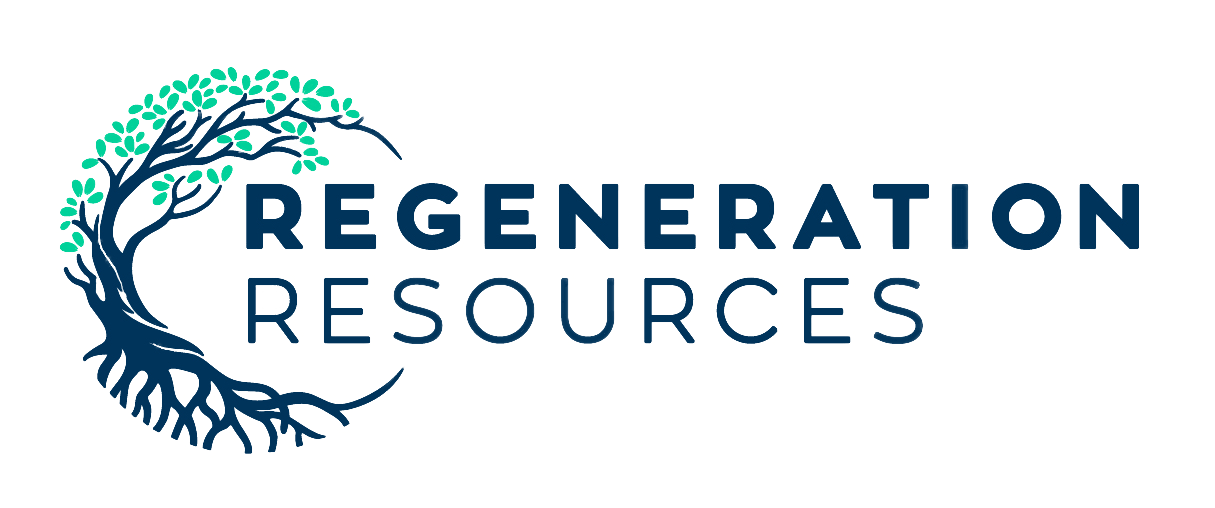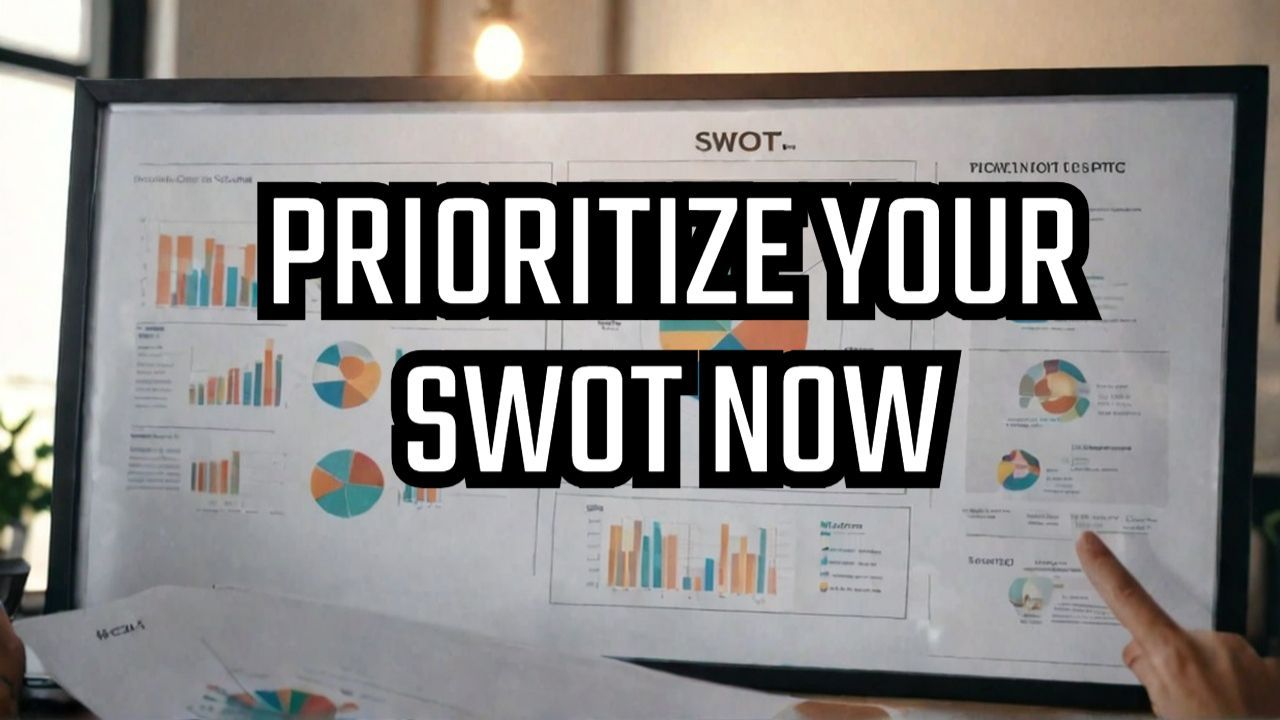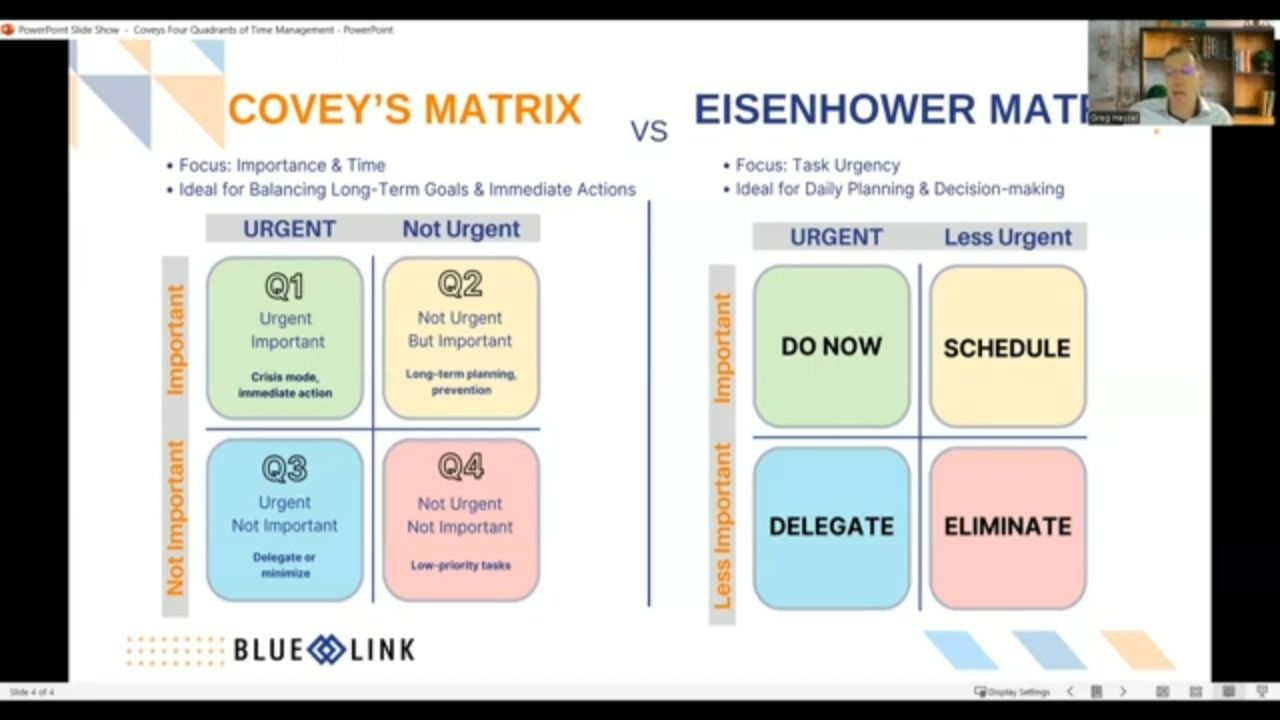Improving Efficiency: The Pros and Cons of Remote Work
Things to Consider Regarding Remote Work

If we have learned anything from the pandemic, it is that workers can, and will, continue to produce at high levels even when their boss isn’t “holding them accountable”. Now many workers don’t want to return to the office and many companies are trying to decide if they should make them. Given this trend, here are the pros and cons of allowing remote work and a few things to consider if you do allow it.
Pros:
- Cost savings—all those expensive offices may not be necessary. A typical employee working from home saves $11,000 annually.
- Higher focus and greater productivity—believe it or not, most workers are more productive at home than in the office.
- Less stress and better decision-making—commutes can be stressful. Eliminating them can lead to better decision-making.
- Reduced carbon footprint.
- Increased recruitment, retention, and worker satisfaction – an IBM poll found that 54% of employees wanted to keep working from home post-pandemic, and 75% wanted the option of working from home occasionally. This was a trend in younger workers even before the pandemic that is now being amplified. And in a tight jobs market workers now have the leverage to demand these accommodations.
Cons:
- Distractions at home—while most people have less distractions at home, this is not true for everyone. Some workers will be less productive at home.
- Overworking, burnout, and isolation—many workers have a hard time stopping when they work from home. While this may increase productivity, it can also lead to burnout. Other workers need connection and feel isolated working from home.
- Harder to collaborate—creative work that requires high levels of collaboration is harder to do remotely. Sometimes there is no substitute for being in the same space.
- Harder to build a company culture—some organizations set themselves apart by their company culture. This is much harder to build and manage with remote workers. One company I know is considering taking the savings of remote work and hosting three or four annual day-long, off-site events to try to build a collaborative, fun culture.
- Out of sight, out of mind—it may be harder to stand out and climb the company ladder if you are working remotely.
Things to Consider When Deciding If Remote Work is an Option:
- Consider if the role be performed effectively away from the office? Most jobs can, but some can’t.
- Be intentional about building trust and clarifying expectations. Remote work is dependent on trust and unclear expectations are a trust buster.
- What technology or data sharing platforms are needed and who provides the equipment (laptops, printers…)? Additionally, think about what technology support looks like when it is needed remotely.
- Don’t skimp on communication. This is the main challenge of remote work. Think about all the ways to maximize connection and communication. More regular check-in or supervision meetings may be helpful in the beginning to monitor how things are going.
- Be clear how progress will be tracked and measured. Again, most employees will be more productive working remotely, but not all will. Know how you will measure this.
- Be clear about expectations regarding accessibility. If work is getting done, employees may feel it doesn’t matter when they are working. But from the company’s perspective, accessibility may be an issue. Be clear on this.
- Determine or negotiate how frequently the employee will need to be on site.
See more blogs/vlogs on improving efficiency
Every few months I produce a free newsletter. No Spam. Unsubscribe anytime.
For a taste, view the archives
SUBSCRIBE
Blogs and vlogs are sorted by topic at the bottom of each service page
STRATEGIC PLANNING
CHANGE MANAGEMENT
CONFLICT MANAGEMENT
TEAM BUILDING
ASSESSMENTS
EXECUTIVE COACHING
IMPROVING EFFICIENCY
BOARD DEVELOPMENT




